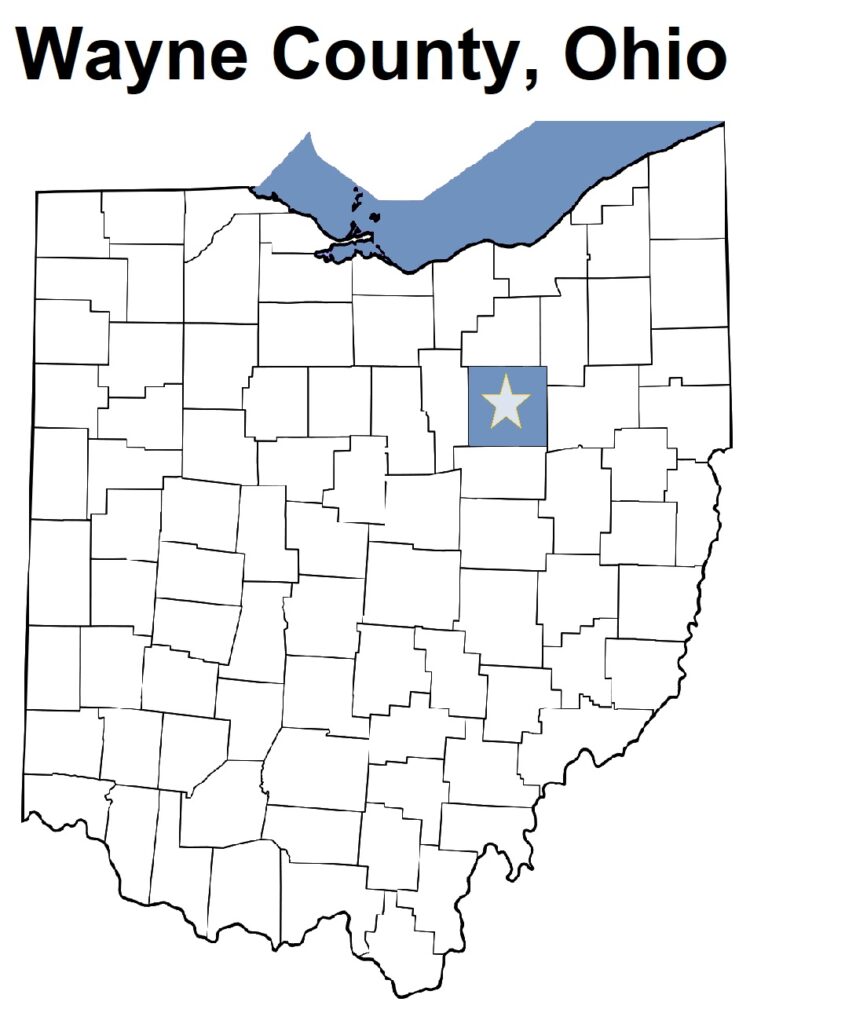Q: Is there a pre-approval process to become a Landlord in the Housing Choice Voucher Program? No. A potential tenant who has a Voucher from the Housing Authority simply needs to advise you of their status; and Landlord can participate in the program. There are no applications, no fees, and no commitment beyond the term of the lease.
Q: Do I have to use a special form of lease? No, You can use your typical form of lease. All that the lease needs to do is outline the term of the lease being one year, note the agreed upon rent, and identify who is responsible for utilities, maintenance, and obligations.
Q: What type of inspection does the property have to undergo? The inspection looks at basic health, safety, and building items. A list of typical fail items includes non-working smoke detectors, non-working appliances, utilities not turned on, or a leaking plumbing fixture.
Q: Who selects the tenant? The Landlord selects the tenant based on the same criteria they select other tenants. The screening process should be consistent with other applicants who do not have a voucher.
Q: Can I evict a tenant who has a Voucher? Yes, If the tenant materially violates the terms of the lease (e.g., fails to pay their share of the rent, damages the property, etc.), the terms of the lease can be enforced just like any other lease.
Q: Isn’t there a lot of paperwork associated with the program? No. Landlords enter into a lease with the tenant and a contract for assistance payments from the Housing Authority. The Housing Authority only requires two other items. One is IRS form W-9 and the other is a form allowing the Authority to remit its payment to the Landlord electronically (that is, the Housing Authority payment is sent directly to the Landlord’s bank)
Q: Can’t I charge more rent for a non-Housing Choice Voucher renter? Landlords can charge the full rent no matter who the tenant is. The Housing Authority must determine that the proposed rent is reasonable and is not higher that units in that area with similar amenities.
Q: Can I still get a rent increase each year? Yes, rent increases must be approved by the Housing Authority and must be reasonable. Small annual increases are typically not a problem.
Q: Are there any other reasons to participate in the Program? Yes, there are many. Perhaps the most important, is the value of the Voucher itself to the tenant. If the tenant violates the terms of the lease with the Landlord, the tenant could lose the Voucher. This is very significant. Oftentimes, Housing Authority staff will contact a tenant when a Landlord advises the Housing Authority that the tenant is violating the lease. This often leads to the tenant correcting the issue.
Q: Are Voucher tenants problem tenant? Acutally, HCV tenants are typically long-term tenants, living in a unit for 7-8 years on average. There are no documented statistics showing that HCV participants are any more likely to damage a unit or not pay rent than are non-HCV tenants. Landlords use their own screening criteria and should screen HCV tenants as they would screen any other tenant to avoid problem tenants.
Q: If you accept one HCV program tenant, then all of your units must be rented to HCV program tenants? False, renting unit(s) to HCV tenants does not in itself further obligate you to rent to other HCV tenants. For each vacancy, you should follow your established policies for screening prospective tenants.

